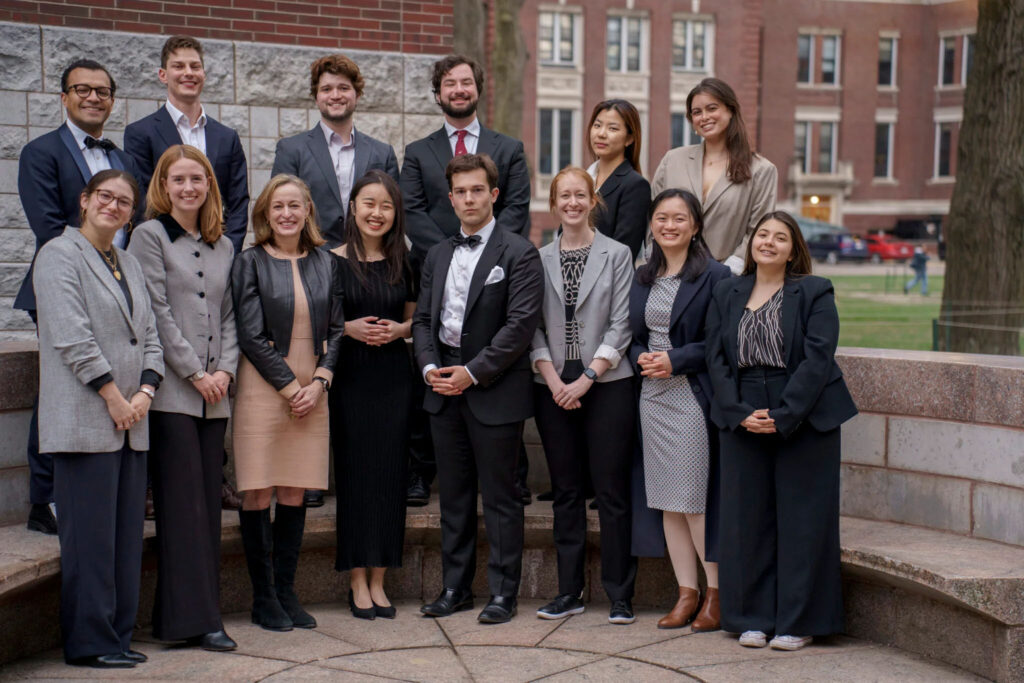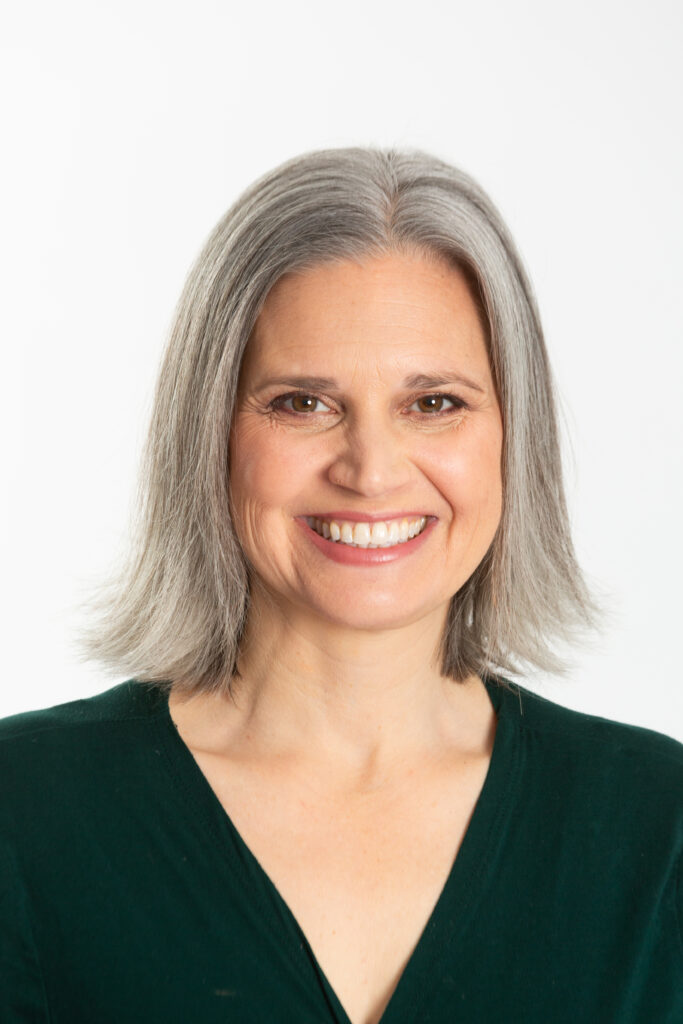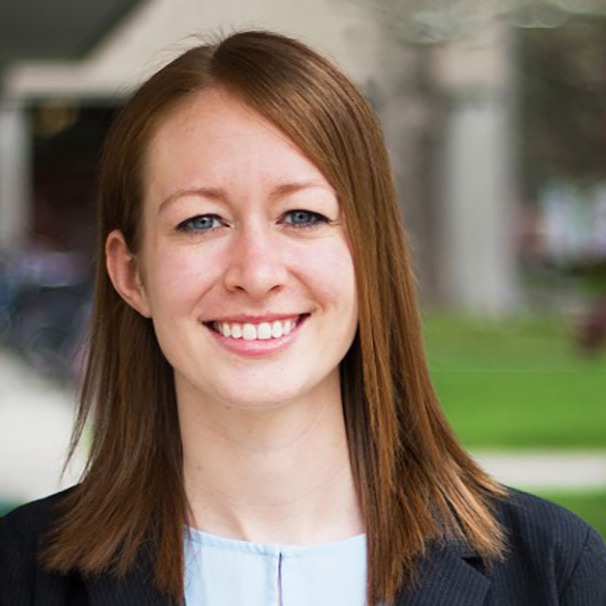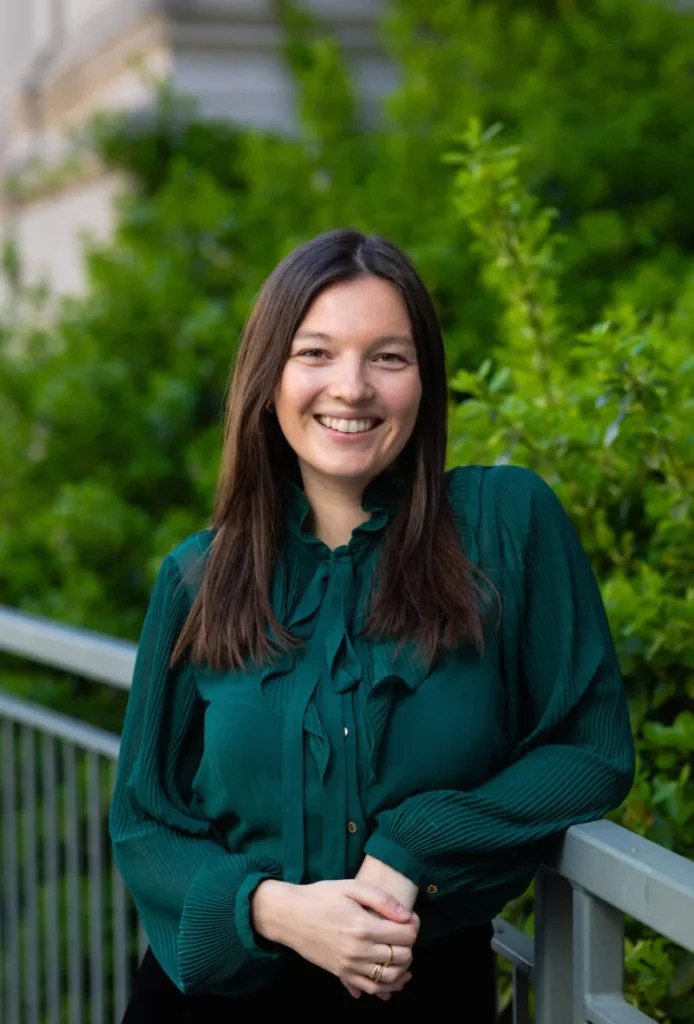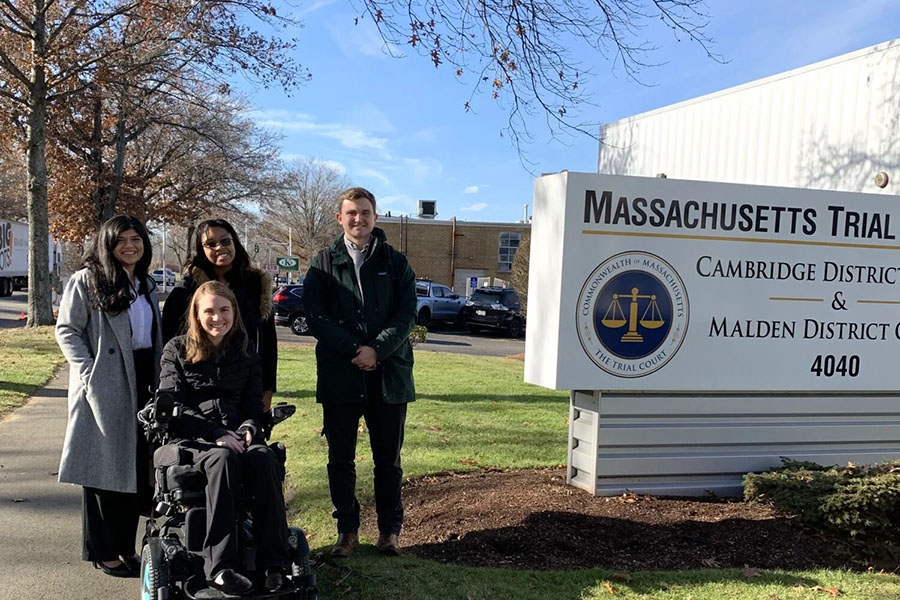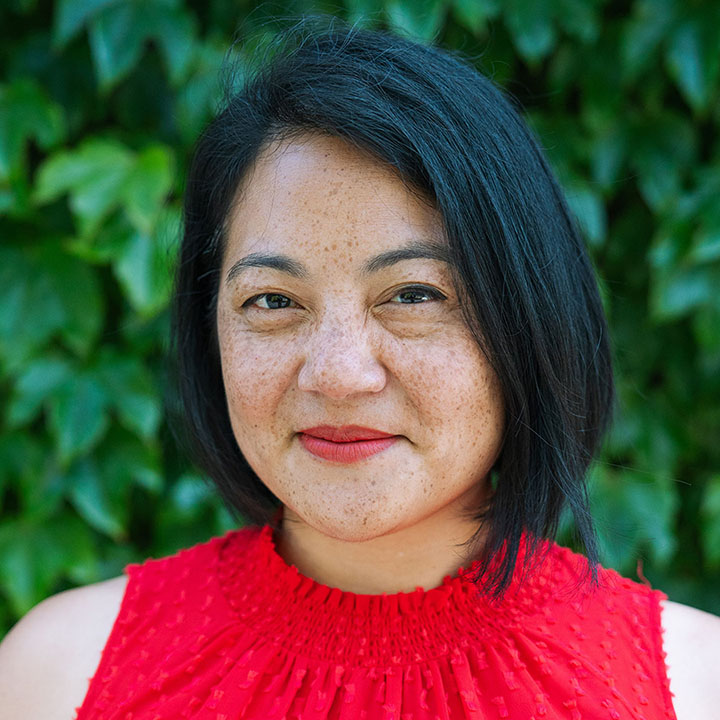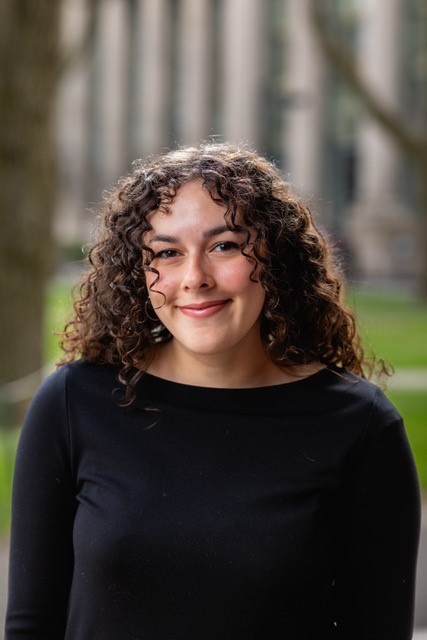
We are so excited to feature Torian Cook ’24 in our spring semester Student Spotlight. Torian has contributed to the alternative dispute resolution (ADR) community at Harvard Law School (HLS) throughout her time in here, holding multiple roles and leadership positions. Harvard Negotiation & Mediation Clinical Program staffers Tracy Blanchard and Sara del Nido Budish recently sat down with Torian to chat about her reflections on her time in the community, some highlights and learnings along the way, and why the journey isn’t over yet! This interview has been adapted and lightly edited.
You’ve been involved in a great many ADR activities during your time at HLS. Walk us through your journey!
The first class I took in this field was the Negotiation Workshop during my 1L J-term, and that was super impactful for me. All my 1L classes were hard, but Negotiation was the first one where some of the skills came naturally. It was the first time in law school I could say, oh, I actually feel good at this! It was the Omicron winter, so we were on Zoom and it was harder to connect with peers that way. But thanks to Sheila [Heen], who was my professor, and the program in general, that was the place I found community and I found my people. After that, I took the Dispute Systems Design Clinic in the fall of my 2L year, which was amazing and introduced me to this whole other more practice-focused, people-focused aspect of ADR, which I really loved. I was lucky to serve as a Teaching Fellow (TF) for the Negotiation Workshop during J-term for the 1L class that winter. It had been such a pivotal time for me, and although some of the 1Ls definitely had it much more together than I did when I was in their shoes, a lot of them had similar feelings of wondering where their space was at HLS. So creating that space for them was really important. That spring of my 2L year I trained in the Harvard Mediation Program (HMP). During my 3L year, I continued to mediate cases in court, and I also served as HMP’s Recruiting Director.
This past January, I was lucky to be a TF again for the J-term 1L Negotiation Workshop. The first time I got to TF for Sheila Heen, who’s been such an incredible mentor to me. And then the second time around I got to TF for Sam Straus, who I had taken Fugitive Negotiation with and was just an amazing teacher. To teach alongside him was really special. Teaching the course is one of those things that you could do about 100 times and still get completely new insights from it. Along the way, I’ve been able to take Fugitive Negotiation in addition to Multiparty Negotiation. Those courses taught me so much because so many elements get more complex when you add different power structures, which is something that I’ve been really curious about. So that was able to fulfill that little itch in my brain.
The last thing that I’ve just now wrapped up was that I was TF for a 10-week Zoom class, Difficult Conversations, for the Program on Negotiation. I’ve been feeling sort of sad about ending my life as a student, but all of these people in the course, who joined from all over the world, are showing up every week and working on difficult conversations in their own lives, and they brought so much candor and vulnerability. They showed me that it only ends if you want it to end. I’m just really excited to keep working on my negotiation and facilitation skills, even after leaving HLS.
When you say that you “found your people” in the ADR community, could you say more about what you mean by that?
Recently, there was a letter that some faculty had signed to interim President Garber asking for a good-faith negotiation or conversation process with peaceful student protesters in Harvard Yard. I was thrilled to see Morgan Franklin’s name on that list, and Lisa Dicker’s, Deanna Pantín Parrish’s, and Sam Straus’s. I’m grateful for the mentorship of these instructors, and not just because I can run to Morgan’s office and sit on her couch and say, “what am I going to do with my life?!” It can be easy in an academic space to not practice what you preach, or to say one thing and then live a different way. But to see that they signed that statement and were calling for a negotiation in a real-life situation of conflict, that was super impactful for me.
The work doesn’t mean as much if you don’t live it, and so I think part of finding my people was also finding people that live those values. It meant a lot.
I would love to ask more about your teaching in this field. What drew you to that role, and what have you learned from it?
I think initially when I applied to be a TF, I just wanted to stay in the space. ADR draws a specific kind of person who isn’t just here for the law, but rather is here to see humans in their real, whole messy selves. But if I try to unpack it structurally, I think what’s compelling to me about Negotiation Workshop, Fugitive Negotiation, Multiparty Negotiation, and the other classes is that they’re so practice-focused. The classes intentionally give you the space to run as many reps as possible, and not only that, but to go back and, for instance, look at video reviews. So that drew me in as a student and as a teacher. It’s also unique in that a lot of us, including me personally, come into law school without any experience with the legal field. But we all have negotiated and we all have had conflicts and we’ve all been in the mediator role at some point, whether it’s between co-workers, friends, or family members. So I think I appreciate getting to work with new sets of students each time because they all bring so much negotiation expertise already. Teaching in this space doesn’t feel like handing over or passing down knowledge. It’s really an iterative process for everyone.
In terms of the teaching teams, the way they communicate and interact with each other is such a healthy model. Especially during the J-term, where it’s 9:00 to 5:00 every day, there was so much compassion and care that the lecturers showed to students and to each other. Those extra hours they spent in the teaching team meeting explaining something to me meant less hours for them to take care of a million other responsibilities; so knowing how much time and care they took to really make it an experiential learning process for TFs was huge.
I just want to emphasize what an amazing Clinical Instructor Deanna is as well; people care so much about mentorship in the community. In general the people in the negotiation program up on the fifth floor of Pound Hall treat each other with so much respect and care. It’s different from other spaces at HLS. I don’t take that for granted and I’m very grateful that I got to witness it.
What made you choose the DSD clinic?
My TF from the Negotiation Workshop, Seorae Ko, was a DSD clinical student and introduced me to the program. I liked that it was focused on conflicts but, unlike the Negotiation Workshop, it was much more about a web of interlocking people, groups, and dynamics. I had been thinking a lot about power and this really great new toolkit that I’d just acquired in the Workshop, and also asking, can it work for everything? If I’m up against a big corporation, can I say, oh, let’s just find our shared interest and come at it working together on the same side of the table, and everything will be better? I suspected that that’s not actually how it goes. And so the DSD Clinic came at the perfect time, when I was both getting used to this new set of negotiation skills and also wondering where the limits of that were or how to negotiate in institutional spaces. How do we engage with sometimes oppressive systems of power? How do we negotiate as individuals or as groups when all these interlocking forces might make it more difficult to have our voices be heard? It also seemed the most up my alley of all the clinics in terms of being person-centered: you actually get to meet with real people and have hour-long interviews with them to really get to know them as humans.
When you were a student in the DSD Clinic, you worked with the National Legal Aid and Defender Association (NLADA). What was the project’s goal?
That was a really cool project centered around this stakeholder group called Community Advocates and their role in NLADA as an organization. They were being given a role in the organization but felt that their voices weren’t actually being listened to or having much of an impact. So a lot of the project had to do with talking to Community Advocates and other people within NLADA to figure out, what is the role and how can we make it not just a tokenized role, but rather actually involve these people in decision-making processes.
It seems like that question of how to meaningfully include people in a process or activity runs through the teaching you’ve done, as well as the clinic, and even in mediation as well. What do you think draws you to that question?
What comes to mind immediately when you say that is questioning traditional systems and institutions that tell people what to do. I think the legal system and a lot of school institutions are big on that, and it’s easy to forget that a lot of us have our own resources that we’ve started with and carried with us. That definitely came up in the clinical project, and also connects to the really interesting duality of theory and practice with DSD. In our clinical project, we had a lot of research we could look to in order to design this system. And, at the end of the day, what I remember most from that project and what ended up being the research that we focused on the most in our report was when people would stop us in the halls and say, “Hey, you’re doing a project on Community Advocates? Let me tell you what’s going on.” Or at events or lunches, people would come and chat to us about different dynamics they’d noticed and changes they’d like to see. So there, inclusivity meant giving these informal modes of communication equal weight and attention. I think a huge takeaway from that project was being open to that kind of information, seeing that people already hold so many solutions to challenging problems, and asking, how can we facilitate that instead of trying to impose some external structure onto them?
Say more about HMP (the Harvard Mediation Program). What are some learnings from your experience as a mediator?
In terms of personal learning, I had struggled with the facilitative model that HMP uses at the outset because I felt that there were going to be times where two parties were so unequal in terms of power that a facilitative mediator couldn’t really suggest anything or prevent an unfair agreement. But after seeing many different parties come to agreements my perspective shifted; I think often my initial read of who was “in power” was wrong or it ended up being so much more complex. It can also be so patronizing to come in as a mediator with assumptions about what’s best for the parties; sometimes respecting people’s autonomy means facilitating a solution you don’t personally agree with. I still definitely think there is injustice in the court mediation process and there are times when the deal is unfair or inequitable, but the solution isn’t for a mediator to be directive on the outcome; the role of a mediator is empowering people’s agency, including them, and listening to them.
On a structural level, it’s interesting to have mediation happen at the stage where people are already in court with each other. At that point, because mediation is voluntary, they have the option to leave the mediation at any time and go in front of a judge. A lot of times, by the time they’ve gotten to the table, there’s already been so much hurt, especially between people who were in relationship with each other, such as landlords and tenants, neighbors, and family members. It really made me curious about what ADR in a more preventative space looks like, because as helpful as it is to unpack the conflicts at the mediation table, and sometimes that does lead to agreement, it’s happening at a time when so much harm and miscommunication has already happened. Sometimes you get to a place where there’s not a path forward to continue to be in relationship with each other. So it made me curious about exploring that preventative role in the future.
What would you say to a 1L who is looking at all the options available to them, and considering getting involved in ADR?
I would say, do it! For me there was some reticence at the beginning; I almost didn’t sign up for the Negotiation Workshop because of its reputation as a really hard class. And I would say, push past that because it’s hard in a good way. It’s hard in a, “who am I and what are my tendencies, what do I shy away from and what do I feel confident in, and why” kind of way. It requires you to look at how you’ve negotiated in your life beforehand, and how that’s showing up for you now and how you can adjust it. Coming into it, I expected the Workshop to be a very business- and law-oriented, Jack Donaghy-style negotiation class. So I thought, maybe I should take this because I really need to toughen up! And so discovering that it wasn’t that at all, that it wasn’t hard bargaining and rather that it involved tapping into a lot of human skills, I think really opened me up to recognizing the strength and power in vulnerability. I had a lot more capabilities than I thought I did.
So I would say to the 1L, you’ve been doing this for your whole life, and negotiation is a space that will actually allow you to bring all of that life experience. I had been mediating conflict between friends and sometimes between family members, and I had come from ancestors that had done that. My grandparents got married pre-Loving v. Virginia when it was illegal to do so; I had never thought of that as a negotiation, but it was and this work connected to everyone that had brought me here. Thank you to Whitney Benns and Sam Straus in Fugitive Negotiations specifically for recognizing how our ancestors show up, and letting you bring those experiences as equally valid and impactful in the legal field. You get to bring everyone to this.
I’m curious about where you’re going next, and if you’re seeing places where you might be able to take this work.
I think one of the things that’s really comforting about leaving law school with this ADR background is that I do feel like it applies to literally everything in my life! But specifically, after graduation I’m going to be working at a law firm in New York doing transactional work. So I’m going to be practicing it literally in that way, but I think it’s also something that I’m constantly working on and trying to incorporate more broadly into my life. Thinking about things like, how am I interacting with the people around me? How did I handle that conversation in terms of feelings and identity? How can I be more assertive, and how can I be more empathetic? Which voices am I prioritizing and how is that choice impacted by the structural power people hold? I’m not doing video reviews anymore, but I want to continue using reflection to improve my negotiation and facilitation skills. I think I’ll probably be working on these skills forever!!
Torian Cook grew up in Alexandria, Virginia, and studied English at the University of Virginia. During her time at Harvard Law School, Torian explored many iterations of alternative dispute resolution through courses, student practice organizations, and clinics, including: the Negotiation Workshop; Advanced Negotiation: Multiparty Negotiation, Group Decision Making, and Teams; Advanced Negotiation: Fugitive Negotiation—Negotiating Power, Space, and Purpose with/in Legal Institutions; The Harvard Mediation Program; and The Dispute Systems Design Clinic. She also served as Teaching Fellow for the J-term 1L Negotiation Workshop in both 2023 and 2024, as well as Difficult Conversations, a seminar run by the Program on Negotiation for practitioners already in the field. In her free time you can find her rereading Mrs. Dalloway and buying trinkets she doesn’t need.


